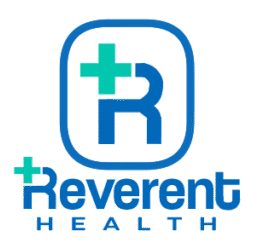Despite being one of the most common mental health conditions, depression is also one of the most misunderstood. It can make even the simplest of tasks seem overwhelming, and millions of people experience it each year. If you are struggling with persistent sadness, low energy, or loss of interest in life, then you may be experiencing Major Depressive Disorder (MDD).

What is Major Depressive Disorder (MDD)?
Major Depressive Disorder (MDD), which is commonly known as clinical depression or simply depression, is a mood disorder that is characterized by persistent sadness and loss of interest in life. This mental health condition affects how a person feels, thinks, and functions in their daily life. It can negatively affect work, relationships, and overall quality of life.
Common Symptoms of Major Depressive Disorder (MDD)
Major Depressive Disorder can present any or several of these symptoms:
- Persistent sadness or feelings of emptiness
- Fatigue and lack of energy
- Changes in appetite and/or weight
- Loss of interest in activities that were formerly enjoyable
- Difficulty making decisions or concentrating
- Feelings of worthlessness or guilt
- Thoughts of death or suicide
Risk factors for MDD may include genetics, family history, trauma, major life stressors, chronic illness, etc.
Treatment Options for Major Depressive Disorder (MDD)
Treatment for Major Depressive Disorder varies from person to person but may include the following options –
- Supportive therapy
This includes therapy sessions targeted at developing coping skills, staying motivated, and developing routines.
- Medication
Medication for depression includes antidepressants such as SSRIs, SNRIs, or they could be atypical options such as bupropion, mirtazapine, etc., depending on the patient’s health history and symptoms.
- Lifestyle Changes
Making changes to sleep hygiene, exercise, and nutrition, where applicable, can help manage depression symptoms.
- Psychotherapy referral
There might be a need to refer patients to trusted providers of psychotherapy, such as CBT and DBT strategy professionals.
How Reverent Health Psychiatry Offers Treatment for Major Depressive Disorder
At Reverent Health Psychiatry, we understand that major depressive disorder is more than “just sadness”. That’s why we offer compassionate, evidence-based care using the following approaches:
- Supportive therapy to provide coping tools for negative thoughts, low mood, and daily stressors.
- Personalized medication management tailored to your unique symptoms with minimized side effects;
- Collaborative treatment techniques that respect your voice, preferences, and autonomy in every decision;
- Holistic attention to general lifestyle habits, e.g, sleep, movement, as well as factors such as anxiety or substance use;
- Trauma-informed, culturally-sensitive, and relationship-centered care
FAQs about Major Depressive Disorder
- What is the difference between sadness and depression?
Sadness is a normal emotion that goes away with time. Depression, on the other hand, involves lingering and impairing symptoms that significantly affect daily functioning for weeks or even longer.
- Are there different types of depression?
Yes. Depression may present itself in different forms, such as Major Depressive Disorder, which is severe and short-term; Persistent Depressive Disorder, which is chronic and milder; Seasonal Affective Disorder, which has a seasonal pattern; as well as Premenstrual Dysphoric Disorder and Postnatal Depression.
- What triggers depressive episodes?
Stressful or upsetting life events can trigger depression. These may include loss of a loved one, job loss, or a traumatic experience. Personality traits, medical conditions, medications, substance abuse, and seasonal changes can also trigger depression.
- Can I receive treatment for depression online?
Yes, Reverent Health Psychiatry offers a secure online platform where our providers can evaluate your symptoms, prescribe medication if appropriate, and monitor your progress, all from the comfort of your home in New York or Tennessee.
- How long will depression treatment take?
The length of treatment differs from patient to patient, depending on individual factors. At Reverent Health Psychiatry, we monitor patients’ progress and adjust treatment plans as needed.
- Will I need both therapy and depression medication?
It depends on your individual experience and health history. Many patients benefit from both. At Reverent Health, we provide supportive therapy along with medication management, and when in-depth psychotherapy is necessary, we refer to trusted psychotherapists.
- What if I’ve tried depression medication but it didn’t work?
In such a case, you may need a different medication, combination, or dose. Augmentation strategies and referral for advanced treatment are also options that you may explore after talking to your treatment provider.
- Can depression come back after treatment?
Relapse can occur, and depression may return during or after recovery, for several reasons. This is why coping strategies, ongoing support, and consistent follow-up are necessary even after symptoms improve.
Begin Your Journey to Healing Now
You don’t have to go through depression alone. Whether you’re in New York or Tennessee, Reverent Health Psychiatry offers convenient and compassionate virtual care for Major Depressive Disorder.
Take the first step:

